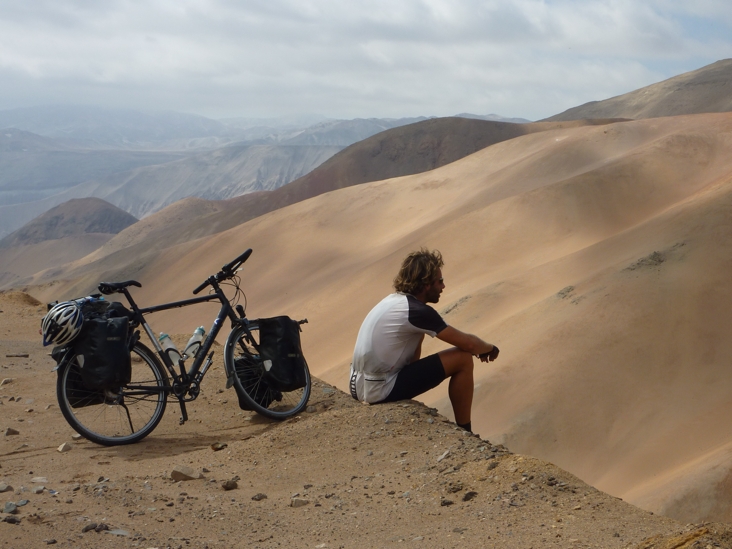Around the World in Seventy-Nine Days
September 25, 2017
In 1873 French writer Jules Verne came out with a book called Around the World in Eighty Days, detailing a man by the name of Phileas Fogg who took up a bet that he could completely circumnavigate the world in a maximum of 80 days. Earlier this year, in July 2017, a cyclist was inspired by the book to travel the world in 80 days as did Mr. Fogg, but by bike.
Mark Beaumont, a cyclist who has taken the last few years off from competition in the sport, recently attempted to break the record for circumnavigating the world on a bike. For the record to count, the requirements included passing through two points on exact opposite sides of the world from each other and traveling a minimum distance of 18,000 miles.
Beaumont’s aim was to complete the trip in 80 days, after Jules Verne’s novel Around the World in Eighty Days. The cyclist instead beat his own goal, making it back to his starting place in just 78 days, 14 hours, and 40 minutes to set the new record.
However, this was not Beaumont’s first record. In 2008 he completed the same task in 194 days, then a world record; although the record to be beat this year was 123 days, set in 2015 by Andrew Nicholson. During his most recent adventure, Beaumont also set the record for most miles traveled on a bike in a single month (7,031).
As previously stated, Beaumont had to meet a requirement of 18,000 miles for the record to be valid. The route he used to accomplish this started in Paris, France, and continued on through Europe then passing through countries such as Russia and Mongolia until he reached Beijing, where he then took a plane to Australia. After making his way across Australia, Beaumont’s next flight took him to New Zealand, where he first biked across the country and then flew to Alaska.
Alaska began the North American leg of the tour, which landed him in Nova Scotia where the cyclist caught his final plane to the last leg through Portugal and Spain and back to the Arc de Triomphe in Paris.
It wasn’t all easy sailing though; in Russia, Beaumont was taken out by a pothole which resulted in a chipped tooth and fractured elbow. The tooth was attended to by the performance manager who reassembled it via emailed instructions from a dentist, preventing the trip from ending there.
Maintaining good health was also a highly attended to issue on the expedition. For example, the continuous activity cost Beaumont 9,000 calories a day, which required an excess of protein to control. Although he was able to keep a primarily stable weight, Beaumont commented, “My arms and upper-body have wasted away…” This is a result of dependence on lower body strength and inactivity of the upper body during the constant cycling.
Returning to normal life is expected to be a difficult transition for Beaumont, and his team has extensive plans for readjustment. Beaumont; however, is excited to return to normal activities.
In an article from The Telegraph Beaumont said, “I don’t want anything big or grand. I am looking forward to the simple things in life…I look forward to walking the dog and sleeping in a normal bed and eating a nice meal without getting pummelled with a massage at the same time…All those incredibly simple but beautiful things are what I am looking forward to.”
